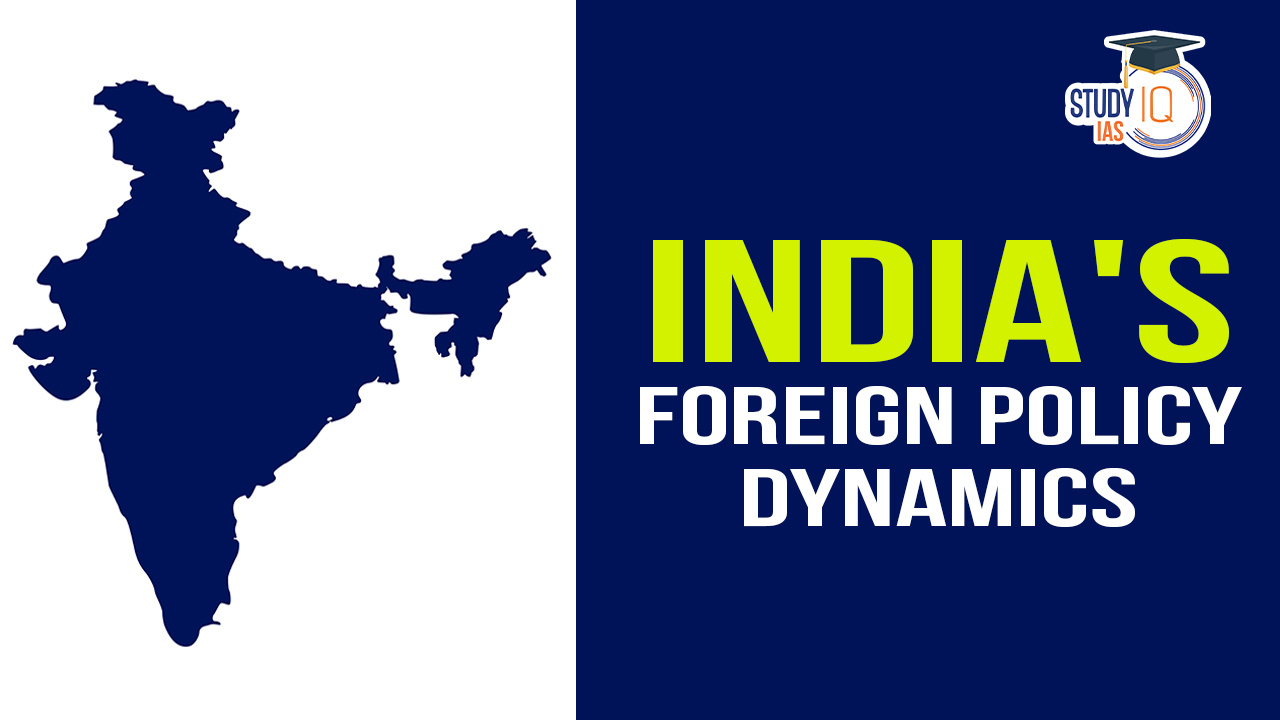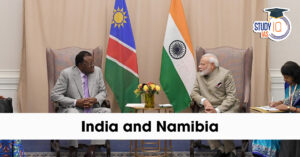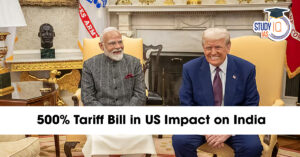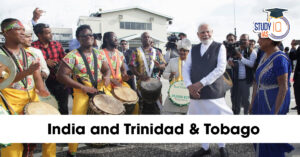Table of Contents
Context
- Prime Minister Narendra Modi’s participation in the 6th Quad Leaders’ Summit in Wilmington, Delaware, emphasises India’s commitment to enhancing security cooperation among the four leading maritime democracies– Australia, Japan, India, and the U.S.— in the Indo-Pacific.
- This Summit highlighted the need to balance its Quad participation while managing its long-standing relationship with Russia
Recent Diplomatic Engagements
In early September, Ajit Doval (National Security Advisor) met with Russian President Vladimir Putin and Chinese Foreign Minister Wang Yi. These interactions aimed to address multiple challenges:
- India-China Military Standoff: Doval’s meeting with Wang Yi emphasised India’s efforts to resolve the four-year military standoff with China at the Line of Actual Control (LAC).
- BRICS Participation: Doval met with Russian President Vladimir Putin during the BRICS NSA meeting where India conveyed its Ukraine peace plan, reflecting its ongoing diplomatic engagement with Russia.
India’s Balancing Act: Quad vs. Russia-China Relations
- India is managing a delicate balance between its deepening engagement with the Quad—formed to uphold a rules-based order in the Indo-Pacific—and its traditional ties with Russia, which opposes the Quad.
- On one hand India strengthens its relationship with the S. through the Quad, on the other hand Russia has prioritised strengthening ties with China while attempting to maintain relations with India, particularly after total break with the West following the Ukraine war.
Russia-China Relations Impact
- Despite its alliance with China, Russia has historically been seen as a counterbalance against Pakistan and China; however, this dynamic is changing due to increased Sino-Russian cooperation.
- China’s growing military ties with Pakistan and ongoing border tensions pose significant challenges for India.
What Needs to be Done and Future Outlook
- Rebalancing India’s Relationships: India must maintain a delicate balance between its strategic partnership with the U.S. and its long-standing relationship with Russia.
- India is unlikely to fully align with either side, focusing on its strategic autonomy and non-aligned approach.
- Addressing China’s Threat: India should push for a reduction in Russia-China ties, ensuring that Russia does not tip the balance further in Beijing’s favour.
- At the same time, India’s own engagement with China must avoid strategic concessions at the cost of national security.
- Diplomatic Positioning: India’s role as a potential mediator in the Russia-Ukraine conflict helps reinforce its position as a global peace-maker.
- However, India must be cautious, as the war shows no signs of de-escalation, limiting India’s leverage.
- Strategic Autonomy: India’s foreign policy, under Modi, will likely continue focusing on pragmatic engagement with both the U.S. and Russia, avoiding formal alliances, and promoting peace and stability in the global order.


 India-Namibia Relations, Key Areas and S...
India-Namibia Relations, Key Areas and S...
 500% Tariff Bill in US: Concerns and Imp...
500% Tariff Bill in US: Concerns and Imp...
 India and Trinidad and Tobago: Strengthe...
India and Trinidad and Tobago: Strengthe...





















